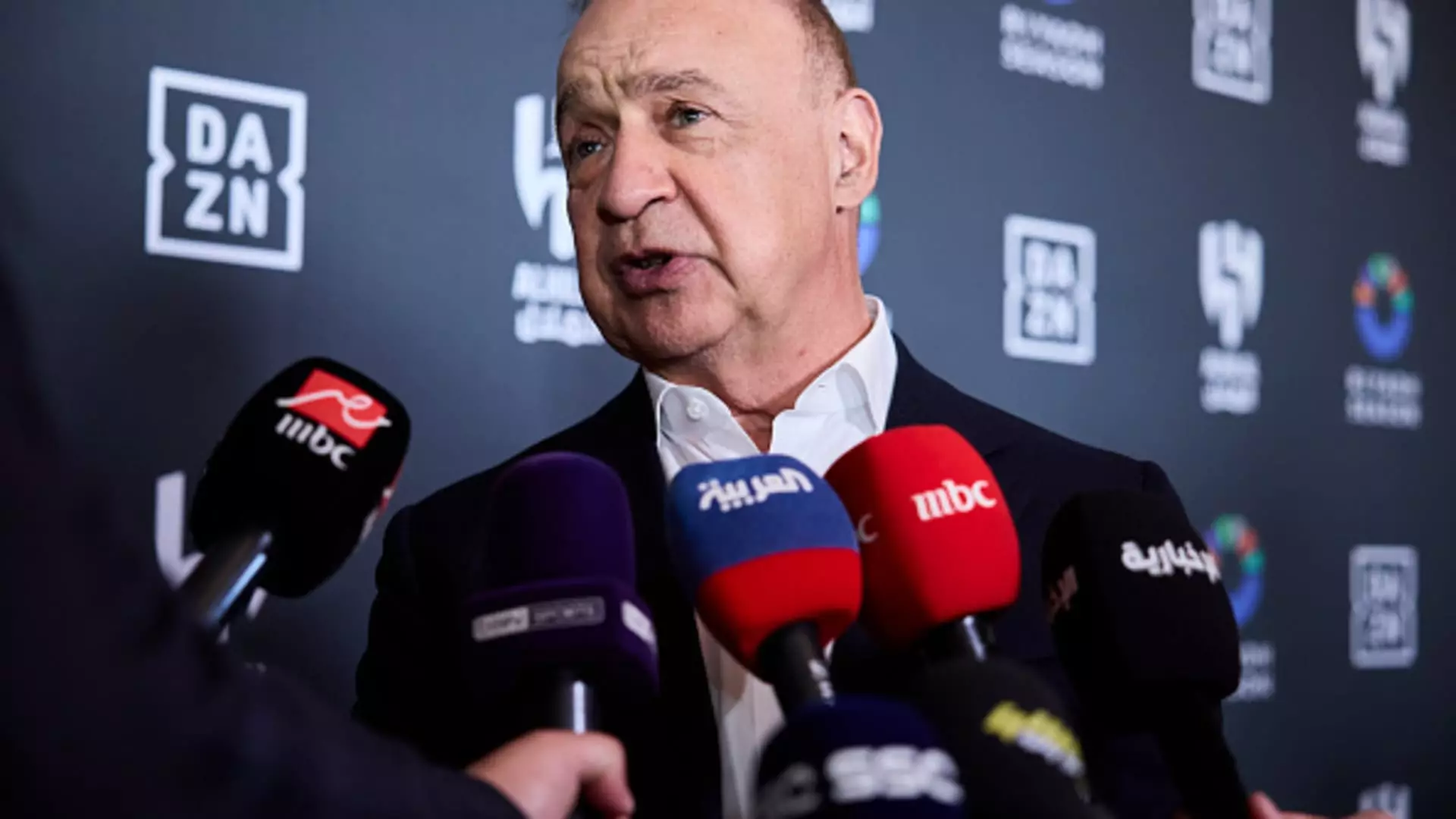In an unpredictable economic landscape, where every geopolitical shift sends ripples through the financial markets, private investment firms tied to the ultra-wealthy are feeling the heat. March has been particularly grim, with the wealthiest single-family offices curtailing their investments by a staggering 45% compared to the previous year. This sharp decline, documented by Fintrx, underscores the pervasive uncertainty that has enveloped high-net-worth individuals as they navigate the evolving implications of tariffs introduced by the Trump administration.
The recent trends indicate a drastic withdrawal from active deal-making. The conversation around investment has shifted from aggressive growth strategies to cautious evaluation and risk management. Family offices, typically nimble in their investment approaches, are now taking a step back. With 40 direct investments in March—down from an already modest February—their hesitance mirrors a broader apprehension gripping the investment community.
Economic Indicators: Tariffs and Their Consequences
Central to this investment slowdown is the introduction of sweeping tariff policies by President Trump, which impose significant duties on imports from various countries. The response from family offices has been telling; as they assess the impact tariffs could have on their portfolios, many are in a state of paralysis, weighing short-term losses against long-term gains. Vicki Odette, a partner at Haynes Boone, highlights that her clients are reevaluating their positions, assessing which investments will weather the storm and provide reliable distributions.
The considerable doubt surrounding economic stability, spurred by these tariffs, creates a nearly instinctual aversion to deployment of capital. Family offices, often seen as trendsetters in investment practices, are now experiencing pressure to refrain from excessive risk-taking. With cash reserves becoming more appealing than potentially turbulent investments, this marks a significant inflection point in the investment strategies of the elite.
Exceptions to the Rule: Notable Investments Amidst Uncertainty
Despite the prevailing caution, there have been noteworthy exceptions. Companies investing in burgeoning sectors, particularly those leveraging technology, seem less intimidated by the looming tariff policy. Euclidean Capital, associated with the late hedge fund titan Jim Simons, stands out by making a $60 million investment in Zeitview, a startup innovating in drone technology for infrastructure inspections. This example illustrates a calculated risk, suggesting that even in uncertain times, a select few are prepared to invest in high-potential ventures.
Similarly, the acquisition of Nord Anglia Education by Dubai Holding, a major player bolstered by institutional investors, emphasizes that there are still significant capital movements occurring. Given the education sector’s resilience during economic downturns, this transaction, valued at $14.5 billion, reveals an understanding that not all industries are created equal—some, indeed, thrive regardless of the broader economic climate.
Broader Implications and Global Concerns
The hesitance exhibited by U.S.-based family offices reflects a growing trend observed among foreign investors, especially those from the Middle East, who are anxiously monitoring the rippling effects of U.S. tariffs. Their habitual investments in American and European markets are now under scrutiny as they grapple with the ramifications of these policy shifts. Investors are more inclined than ever to evaluate how changes in U.S. trade policy will reverberate globally. The associated uncertainty has fueled a mindset steeped in caution and strategic withdrawal.
While the immediate reaction to tariffs may be adverse, there are emerging trends indicative of a shift toward private credit funds and short-term loans. The market is adjusting, albeit slowly; those willing to navigate through the fog of uncertainty are beginning to see new opportunities surface. Family offices may well pivot from traditional equity investments to alternative financing models as they seek refuge from market volatility.
The landscape for ultra-wealthy investors is currently one characterized by a notable withdrawal and rethinking of investment strategies. The implication of tariffs introduces complexity, but it has also sparked conversations around resilience, adaptability, and ultimately, the evolution of wealth management practices in uncertain economic times. The investment trajectory may be shifting, but the fundamental tenets of strategic foresight and financial acumen remain paramount for those positioned at the top of the wealth hierarchy.

